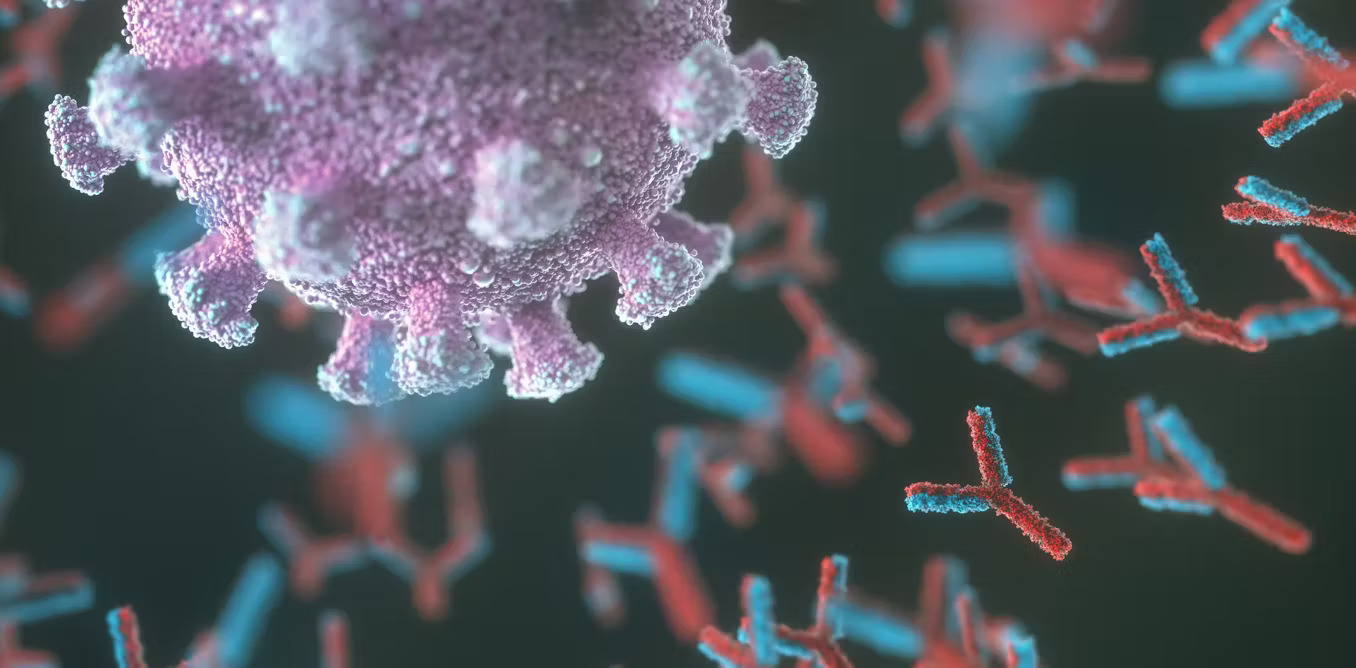Recent findings indicate that the protective antibodies generated by mRNA Covid-19 vaccines tend to diminish within a few months, which may increase the likelihood of reinfection over time. This contrasts sharply with vaccines like tetanus, which can offer immunity for up to a decade by fostering long-lasting immune cells. The implications of this decline in antibody levels raise concerns about the longevity of protection offered by current Covid-19 vaccination strategies.
A study spearheaded by Dr. F Eun-Hyung Lee at Emory University, published in *Nature Medicine*, explored the immune responses of 19 adults aged 20 to 65 who had received multiple doses of mRNA Covid-19 vaccines. Through the analysis of bone marrow samples, the researchers observed that while initial antibody levels were present, the long-lived plasma cells—critical for sustaining antibody production over time—were notably absent. This absence suggests a significant limitation in the body’s ability to maintain enduring protection against the virus.

In comparison, the same study participants demonstrated more stable immune responses to vaccines for other diseases, such as tetanus and influenza, indicating that the mRNA Covid-19 vaccines might not effectively encourage the maturation of immune cells into long-lived plasma cells. This discrepancy raises important questions about the efficacy of current Covid-19 vaccines in providing long-term immunity, especially as antibody levels decrease.
Dr. Lee articulated the need for vaccines that stimulate the production of long-lived plasma cells to achieve lasting immunity. She underscored that the current mRNA Covid-19 vaccines fall short in this regard, advocating for further research into potential improvements, such as updated vaccines or novel delivery methods. This study opens new pathways for enhancing Covid-19 vaccination strategies to ensure stronger and more enduring protection against the virus.
